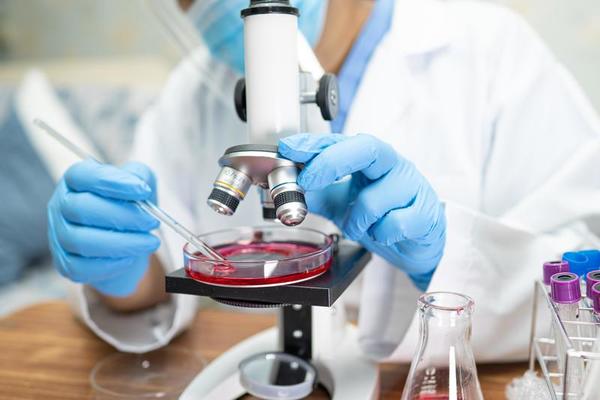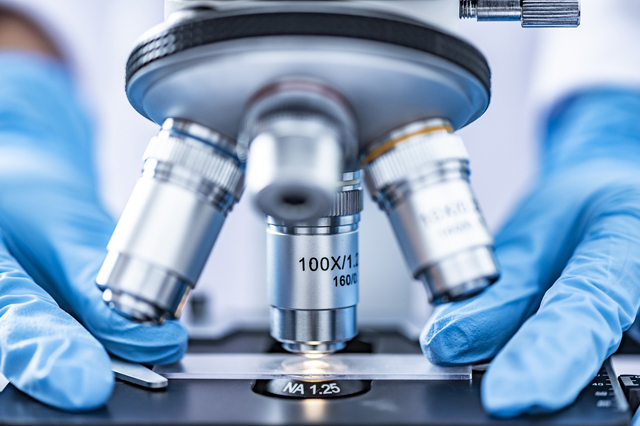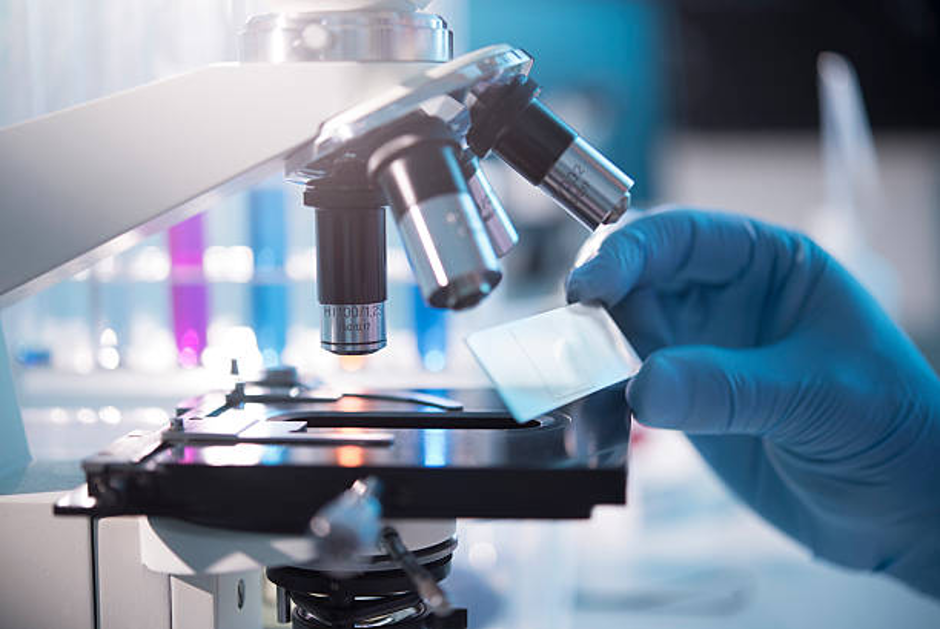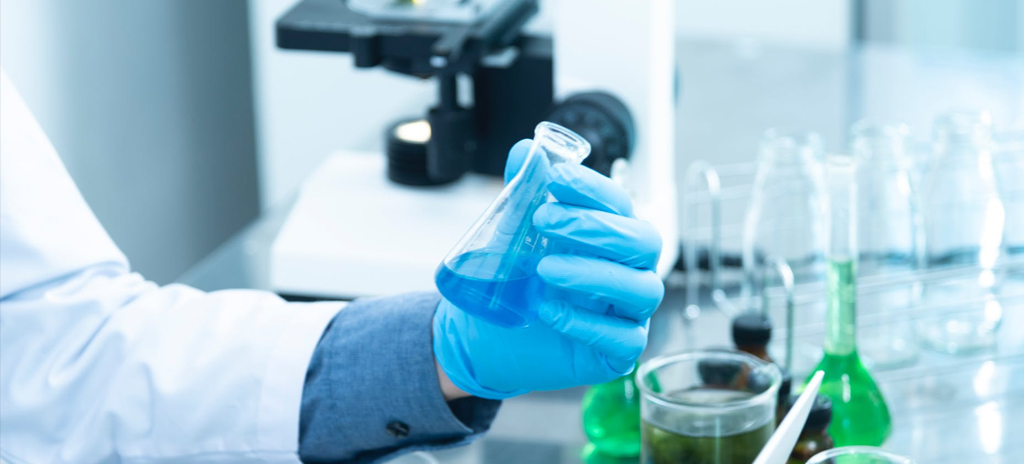Microbiology plays a pivotal role in medicine, agriculture, and industry through its diverse applications. In medicine, microbiology is essential for diagnosing and treating diseases by identifying pathogens and developing antibiotics and vaccines. It also advances our understanding of the human microbiome, leading to the development of probiotics and prebiotics, and supports biotechnological innovations such as recombinant DNA technology and gene therapy.
In agriculture, microorganisms enhance soil health and fertility through nitrogen fixation and nutrient cycling, and they serve as biological control agents to manage pests and diseases. Additionally, plant growth-promoting rhizobacteria (PGPR) improve crop yields, while bioremediation techniques use microbes to degrade environmental pollutants, promoting sustainable agricultural practices.
What Are The Roles of Microbiology in Medicine?

Microbiology plays a crucial role in medicine, impacting various aspects of healthcare and disease management. Here are some key roles of microbiology in medicine:
Diagnosis of Infectious Diseases
Microbiologists employ a range of techniques for pathogen identification, including culturing samples on various media to isolate and characterize microorganisms, examining specimens under the microscope for characteristic morphology, conducting biochemical tests to determine metabolic profiles, and utilizing molecular methods such as Polymerase Chain Reaction (PCR) to detect specific genetic sequences.
After identifying pathogens, microbiologists perform susceptibility testing to assess the effectiveness of antibiotics against them. This involves exposing the isolated organisms to different antibiotics and determining their ability to inhibit bacterial growth.
Development of Vaccines
Microbiologists play a crucial role in vaccine development, starting from identifying potential vaccine candidates to conducting preclinical and clinical trials to ensure safety and efficacy.
They use their knowledge of microbiology to design vaccines that stimulate the immune system to recognize and respond to specific pathogens, thereby preventing infections.
Antibiotic Production and Improvement
Microbiologists are involved in the discovery, development, and production of antibiotics. They isolate and characterize antibiotic-producing microorganisms from natural sources like soil or marine environments.
Microbiologists also work on improving existing antibiotics by modifying their chemical structures or developing combination therapies to overcome resistance mechanisms employed by pathogens.
Infection Control and Epidemiology
Microbiologists contribute to infection control measures by studying the transmission dynamics of pathogens within healthcare settings and the community.
They analyze epidemiological data to identify risk factors for infection, track the spread of diseases, and implement preventive strategies such as vaccination campaigns, quarantine measures, and hygiene protocols.
Understanding Pathogenesis
Microbiologists investigate how pathogens interact with the host organism to cause disease, elucidating the mechanisms underlying infection, colonization, and immune evasion.
Through studying virulence factors, microbial genetics, and host-pathogen interactions, microbiologists identify potential targets for therapeutic intervention and vaccine development.
Development of Diagnostic Tests
Microbiologists design and validate diagnostic tests for detecting infectious agents with high sensitivity and specificity.
These tests may include traditional methods like culture and microscopy as well as rapid molecular techniques such as nucleic acid amplification assays and antigen detection assays.
Microbiome Research
Microbiologists explore the composition, function, and dynamics of the human microbiome to understand its role in health and disease.
They investigate how changes in the microbiome composition (dysbiosis) are associated with various conditions such as inflammatory bowel disease, obesity, and autoimmune disorders.
Biotechnology and Genetic Engineering
Microbiologists harness the power of biotechnology and genetic engineering to produce valuable pharmaceuticals, enzymes, and other bioproducts.
They manipulate microbial genomes to improve production yields, enhance product purity, and develop novel therapeutics like gene therapies and gene-editing technologies.
Research and Innovation
Microbiology research drives innovation in medicine by uncovering new insights into microbial biology, host-pathogen interactions, and immune responses.
This research informs the development of novel therapeutic strategies, diagnostic tools, and preventive measures to combat infectious diseases and improve patient outcomes.
Public Health and Sanitation
Microbiologists contribute to public health efforts by monitoring environmental and foodborne pathogens, ensuring the safety of drinking water and food supplies.
They develop sanitation protocols and guidelines to prevent the transmission of infectious agents in healthcare facilities, communities, and public spaces.
Therapeutic Applications
Microbiology research leads to the development of innovative therapies that harness the power of microorganisms to treat diseases.
Bacteriophage therapy, for example, utilizes viruses that infect and kill specific bacteria as an alternative to antibiotics, while probiotics introduce beneficial bacteria to restore microbial balance in the gut.
How does microbiology benefit agriculture?

Microbiology significantly benefits agriculture through various mechanisms that enhance soil fertility, plant growth, disease resistance, and overall agricultural productivity. One major contribution is to soil health and fertility. Nitrogen-fixing bacteria, such as Rhizobium, form symbiotic relationships with leguminous plants, converting atmospheric nitrogen into ammonia, which plants can use for growth. Decomposer microorganisms like fungi and bacteria break down organic matter, recycling essential nutrients like carbon, nitrogen, and phosphorus back into the soil, making them available for plant uptake. Additionally, phosphate-solubilizing bacteria, such as Pseudomonas, convert insoluble phosphates into forms that plants can absorb, improving phosphorus availability in the soil.
Microorganisms also promote plant growth through various mechanisms. Plant growth-promoting rhizobacteria (PGPR), such as Bacillus and Azospirillum, enhance plant growth by producing growth hormones like auxins, solubilizing nutrients, and suppressing plant pathogens. Mycorrhizal fungi, such as Glomus, form symbiotic relationships with plant roots, enhancing water and nutrient absorption, particularly phosphorus, and providing protection against root pathogens.
Disease control is another critical area where microbiology benefits agriculture. Certain bacteria and fungi act as biocontrol agents by producing antibiotics, competing with pathogens, and inducing plant resistance mechanisms. Examples include Trichoderma, a fungal biocontrol agent, and Bacillus subtilis, a bacterial biocontrol agent. Endophytic microorganisms, which live inside plant tissues without causing harm, can enhance plant growth and resistance to pathogens and environmental stresses.
Microorganisms also play a role in bioremediation by detoxifying agricultural pollutants such as pesticides and heavy metals, reducing their toxic effects on the environment and improving soil health. Moreover, microbial activity contributes to the formation of soil aggregates, improving soil structure, aeration, and water retention, which are vital for healthy plant growth. The use of microbial inoculants and biofertilizers can reduce dependency on chemical fertilizers and pesticides, promoting sustainable and eco-friendly agricultural practices.
Additionally, some microorganisms help plants withstand abiotic stresses such as drought and salinity by producing stress-related proteins and enzymes or by altering plant hormone levels. Through these diverse roles, microbiology plays a critical part in advancing agricultural sustainability and food security. The integration of beneficial microorganisms into agricultural practices offers a sustainable approach to enhance crop productivity, improve soil health, and manage plant diseases and environmental stresses.
What is the impact of microbiology on industry?

Microbiology has a profound impact on various industries, ranging from pharmaceuticals to food and beverage, agriculture, environmental management, and biotechnology. Here are some key ways microbiology influences industry:
Pharmaceuticals
Microbiology plays a crucial role in the discovery, development, and production of antibiotics, vaccines, and other pharmaceutical products. Understanding microbial pathogens helps in the development of effective treatments for infectious diseases.
Food and Beverage
Microorganisms are used in various processes such as fermentation (e.g., brewing beer, fermenting yogurt), food preservation (e.g., pickling), and flavor enhancement (e.g., cheese production). Microbiology ensures food safety by identifying and controlling harmful bacteria, fungi, and other pathogens.
Agriculture
Microbes are essential for soil fertility and plant health. Microbial fertilizers, biocontrol agents, and genetically engineered crops are examples of how microbiology contributes to sustainable agriculture by enhancing crop yield and reducing reliance on chemical inputs.
Environmental Management
Microorganisms are involved in various environmental processes such as bioremediation (cleaning up oil spills, degrading pollutants), wastewater treatment, and composting. Understanding microbial communities helps in designing effective strategies for environmental conservation and pollution control.
Biotechnology
Microorganisms are used as cell factories for the production of enzymes, biofuels, bioplastics, and other valuable products. Genetic engineering and synthetic biology techniques allow scientists to modify microorganisms for specific industrial applications, leading to the development of new biotechnological processes and products.
Final Words
Microbiology plays a vital role in medicine, agriculture, and industry. It helps diagnose and treat diseases, promotes soil health and plant growth, and drives industrial processes like fermentation and bioremediation. Looking ahead, advancements in genomics, synthetic biology, and sustainable practices promise to further enhance the impact of microbiology on society. With its diverse applications and constant evolution, microbiology continues to be a cornerstone of scientific progress and societal well-being.
